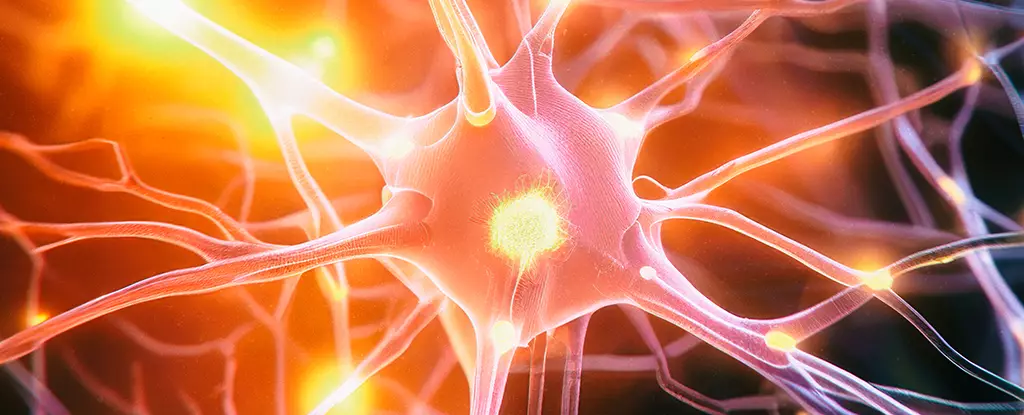Parkinson’s disease, primarily known for its motor abnormalities such as tremors, rigidity, and bradykinesia, is a multifaceted neurological disorder that extends beyond movement challenges. As awareness grows of its effects on mental functions, including mood disturbances and cognitive decline, it becomes increasingly clear that comprehensive strategies are necessary to manage its wide-ranging symptoms. Recent research from the University of Arizona has unveiled a potential treatment that may alleviate cognitive deficits in individuals suffering from Parkinson’s disease, signaling a hopeful avenue for further exploration in neurotherapeutics.
Understanding the Cognitive Impact of Parkinson’s Disease
While motor symptoms tend to be the most recognized facet of Parkinson’s, the cognitive impairments associated with the disease often have profound effects on patients’ quality of life. Modifications in memory and thinking skills undermine not only the ability to perform everyday tasks but also impact social interactions and overall mental health.
Studies have shown that a considerable subset of patients diagnosed with Parkinson’s experience cognitive difficulties, with estimates indicating that 25-30% of individuals present with mild cognitive impairment at the time of diagnosis. This observation has prompted extensive investigations into the biological mechanisms underlying these cognitive changes, particularly the role of neuroinflammation and the function of immune cells in the brain.
A breakthrough in this frontier comes from the discovery of a compound named PNA5, which is derived from angiotensin, a hormone associated with blood pressure regulation. The properties of PNA5 have captured researchers’ attention due to its capability to act on specific receptors linked to cognitive function. The University of Arizona team initiated preclinical trials using mouse models that exhibit Parkinson’s-like symptoms. Their findings suggest that PNA5 may play a role in reversing memory impairment associated with the disease.
In experimenting with various doses of PNA5, researchers observed noticeable improvements in the mice’s cognitive functions, including recognition and spatial working memory. These enhancements are thought to stem from a reduction in the activation of microglia, immune cells in the brain that, when overly stimulated, can contribute to neuroinflammation and cell damage—factors known to exacerbate cognitive decline.
Targeting Neuroinflammation for Neuroprotection
Neuroinflammation has emerged as a crucial area of interest in understanding not merely the symptoms of Parkinson’s but also pathways toward potential treatment. Under normal conditions, microglia act as protectors of the brain, responding to infections or injury. However, continual activation, which is observed in the brains of patients with Parkinson’s disease, can lead to further damage rather than protection.
The researchers, including neurobiologist Kelsey Bernard, suggest that by employing PNA5 to restore microglial function to a balanced state, it may be possible to mitigate the inflammatory processes that aggravate cognitive decline. The implication of this research extends beyond mere symptom management, offering a potential approach to halt further degeneration of cognitive capabilities.
Despite the encouraging preclinical results, the question of safety and efficacy in humans remains unanswered. The transition from experimental models to clinical trials is essential in assessing whether PNA5 truly possesses the desired protective effects in human brains. Nevertheless, the progress reported by the researchers encourages optimism, especially in an era where effective treatments for the cognitive aspects of Parkinson’s disease have been scarce.
There is an urgent need for comprehensive clinical trials that scrutinize the mechanisms of PNA5, its safety profile, and overall efficacy in human patients with Parkinson’s disease. The excitement woven through these advancements provides critical insight into how burgeoning scientific inquiries hold promise for patients grappling with cognitive challenges in Parkinson’s.
As the discourse surrounding Parkinson’s evolves, understanding and addressing cognitive decline as an integral part of the condition will become increasingly central to future therapies and patient care. The work at the University of Arizona is a testament to the potential that innovative research holds for the myriad of experiences tied to Parkinson’s disease, paving a path toward better outcomes and quality of life for those affected.


Leave a Reply